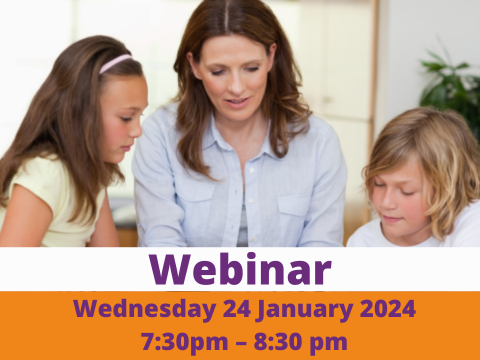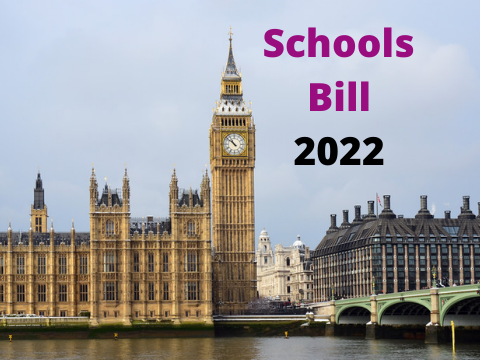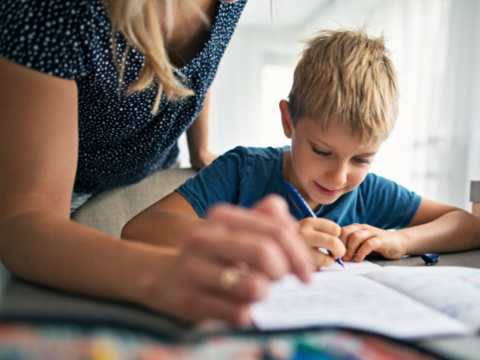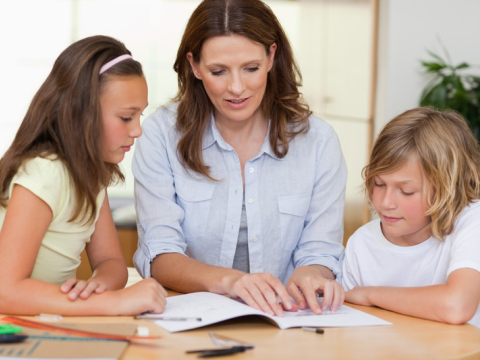

There are often misconceptions about home education; in fact, many parents are unaware that home education is even an option, and, as a home educator, I’m often asked whether I’m ‘within the law’ to home educate. Home education is legal, and according to the Department for Education “works well when it is a positive choice and carried out with a proper regard for the needs of the child.” There isn’t a set teaching criteria if you chose to home educate: you don’t have to follow the National Curriculum; you could choose instead, for example, a classical education model, and there are many other bespoke examples. Many home educating parents focus their time and energy on specific interests or talents their child may have, or reflect particular knowledge and skills that the parents have to offer. They may be preparing their children for a particular vocation or trade, including a special focus on artistic or creative projects. Children may have certain Special Education Needs (SEN) or disabilities which need to be catered for, and that can be done, often more successfully, than at school. This is what the law states is the duty of parents when it comes to the education of their children:


(a)to his age, ability and aptitude, and
(b)to any special educational needs (in the case of a child who is in the area of a local authority in England) or additional learning needs (in the case of a child who is in the area of a local authority in Wales)] he may have, either by regular attendance at school or otherwise. (1996 Education Act 1.1.7)
The phrase ‘or otherwise’ in the above passage of the 1996 Education Act establishes the right of parents to home-educate their children. Since all children are different in how they learn, the pace with which they learn, and what attracts and focuses their attention, then it is their parents who are best placed ultimately to determine what they are taught, as it is parents who can best understand their own children’s needs.
Official statistics show that the number of parents electing to home educate has risen quite rapidly since 2019. According to the Government there are currently an estimated 86,200 children in elective home education at the census date of spring 2023, as compared to 54,656 children in elective home education as of October 2019. This is a rise of 31,544, or 58%, in just 3.5 years. One of the main factors for the rise in home education has naturally been the Government policies in response to the Covid pandemic. Since the Government decided to close the schools during lockdown, many parents found themselves having to become de facto home educators overnight, particularly during the first lockdown of Spring 2020, when most schools were completely unprepared to cater for the remote learning experience. Home educating parents were suddenly regarded (albeit temporarily) as being amongst the groups of heroes, crucial to the national survival effort. Many of us, as parents, unexpectedly experienced the positives of home-education during that time and chose to continue with it. Another factor has been the introduction of compulsory Relationships and Sex Education, which came into force in September 2020, and quickly led to a feast of completely predictable consequences, with every flavour of adult sexual liberation and identity politics rapidly taking over the school system and parents being rendered largely powerless to protect their children.
Another misconception is that although home education is managed and regulated by parents, the children of such families are often misrepresented by politicians, education officials and the media as “children missing in education”, unjustly conflating them with those children registered at a school, yet who have a low attendance. The confusion being deliberate in order to justify the introduction of a compulsory home education register. Home educated children are not ‘missing education’, they receive education from their parents instead of through a Government-regulated institution, and therefore often receive a better education, enjoying the benefits of a more tailored and personally focussed one-to-one form of teaching.
The press has also reported inaccurate information about home education. The Daily Telegraph inaccurately reported in an article by Iain Duncan Smith MP, called ‘Covid’s ghost children cannot be forgotten’ (26 March 2023) that “[s]ome children are now being schooled at home. Whilst a number will be receiving a good education, sadly evidence shows that’s not true for the majority.” This ‘mistake’ was spotted by Jeremy Yallop, a trustee of the HEQA, who made a complaint to the Independent Press Standards Organisation, and explained that “no such evidence existed, and in fact, the available evidence showed that the majority of children being schooled at home were receiving a good education”. IPSO ruled on 4th August that the complaint had been upheld, and the incorrect information would be deleted and there would be a note explaining the correction: “The correction should acknowledge that the article had referred to evidence which stated the majority of children schooled at home were not receiving a good education, and should also put the correct position on record, namely that there was no such evidence”.
The full report on IPSO’s ruling against The Daily Telegraph can be found here – Ruling (ipso.co.uk)
Unfortunately, the demonstrable positives of home education are not shared or promoted enough. Health visitors never ask whether we’ve considered home educating, the Government only ask us to choose schools when our children turn four and don’t explain that the state school system is just an option. What’s also not often encouraged, is teaching our children who are younger than 4-years-old what will be covered during their first year of school. If a child is ready, then why wait? Some of the temper tantrums in young children can be down to boredom, and learning the phonics sounds might be the new game they’ve been waiting for. By its very nature, home education is a more private affair than public schooling, but those of us who do home educate now have to be very public about the advantages of this well-proven model and other alternative educational choices.
ParentPower Team
